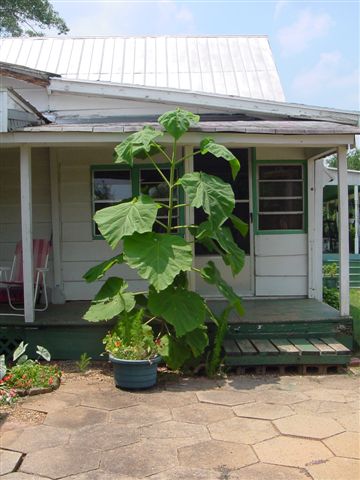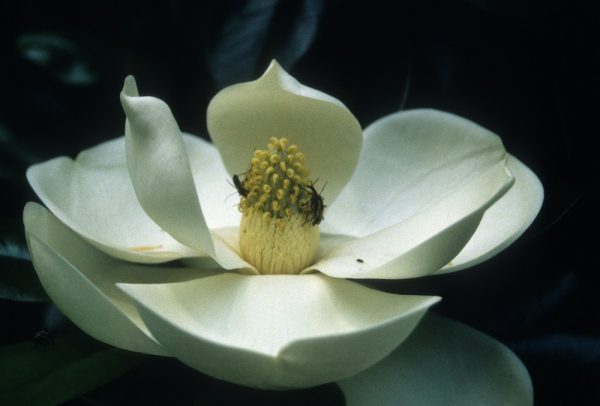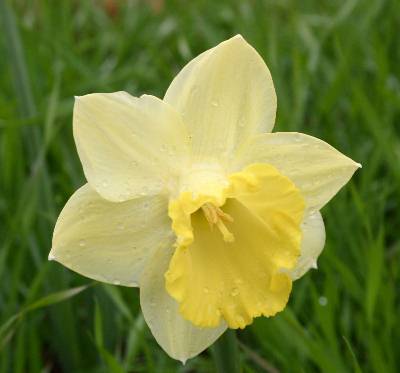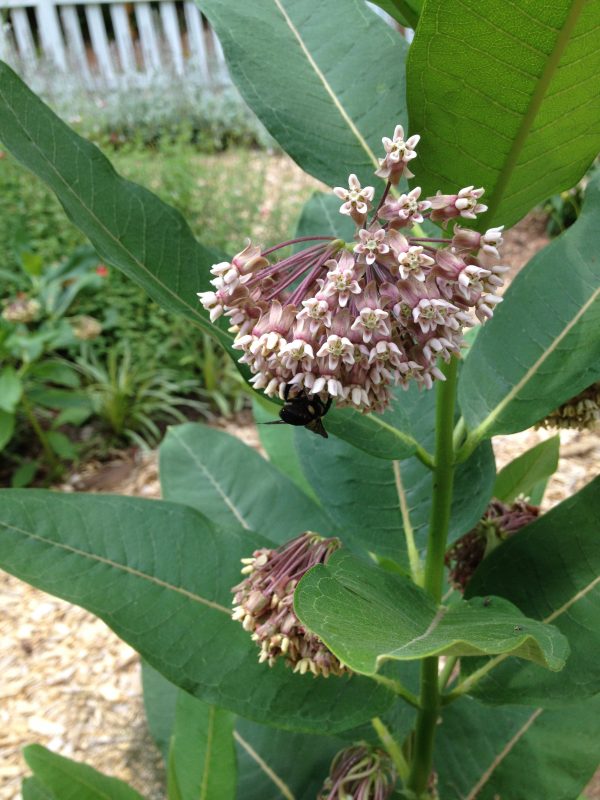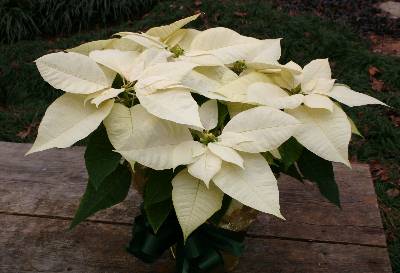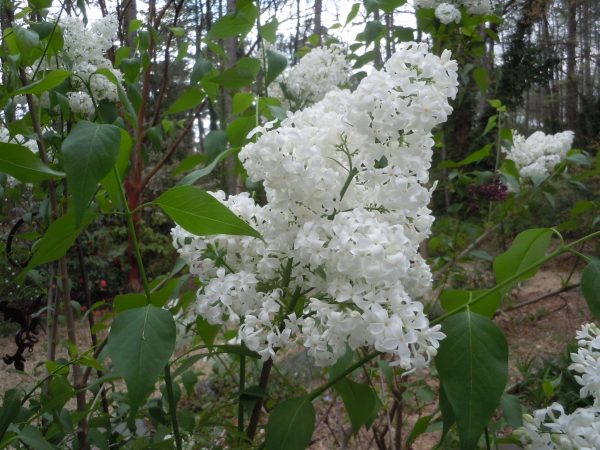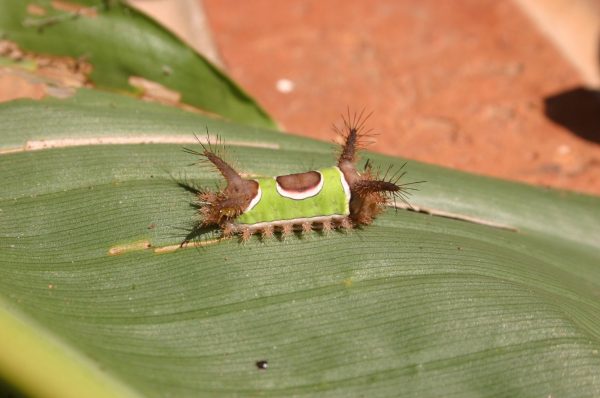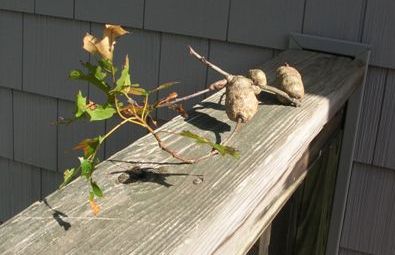Persimmon – Ripening to Remove Astringency
Q: Why do green persimmons taste so bad?
A: Because they have a lot of tannin in their juice. One web site says “tannin coagulates the viscous protein on the surface of our tongues, leading to the astringent taste.” Anyone who has eaten one can testify to the yucky taste.
One way to make sure persimmon are fully ripened is to store them in a bag with a very ripe apple or banana. The gas they give off will help convert tannin to a form that doesn’t taste so bad.
Persimmon Taste
“The reason persimmons can be astringent is because of soluble tannin contained in fruits. As the tannin coagulates the viscous protein on the surface of our tongues, we feel its astringency.”
Curing Persimmons
“In the Orient, much of the crop is left in piles covered by bamboo mats to cure (near-freeze) naturally and is marketed throughout the winter. In some parts of China, the fruit is cured in covered pits by introducing the smoke from burning dung.
There are several other methods of curing: soaking in vinegar or immersing in boiling water and letting stand for 12 hours. ‘Hachiya’ fruits kept in warm water



